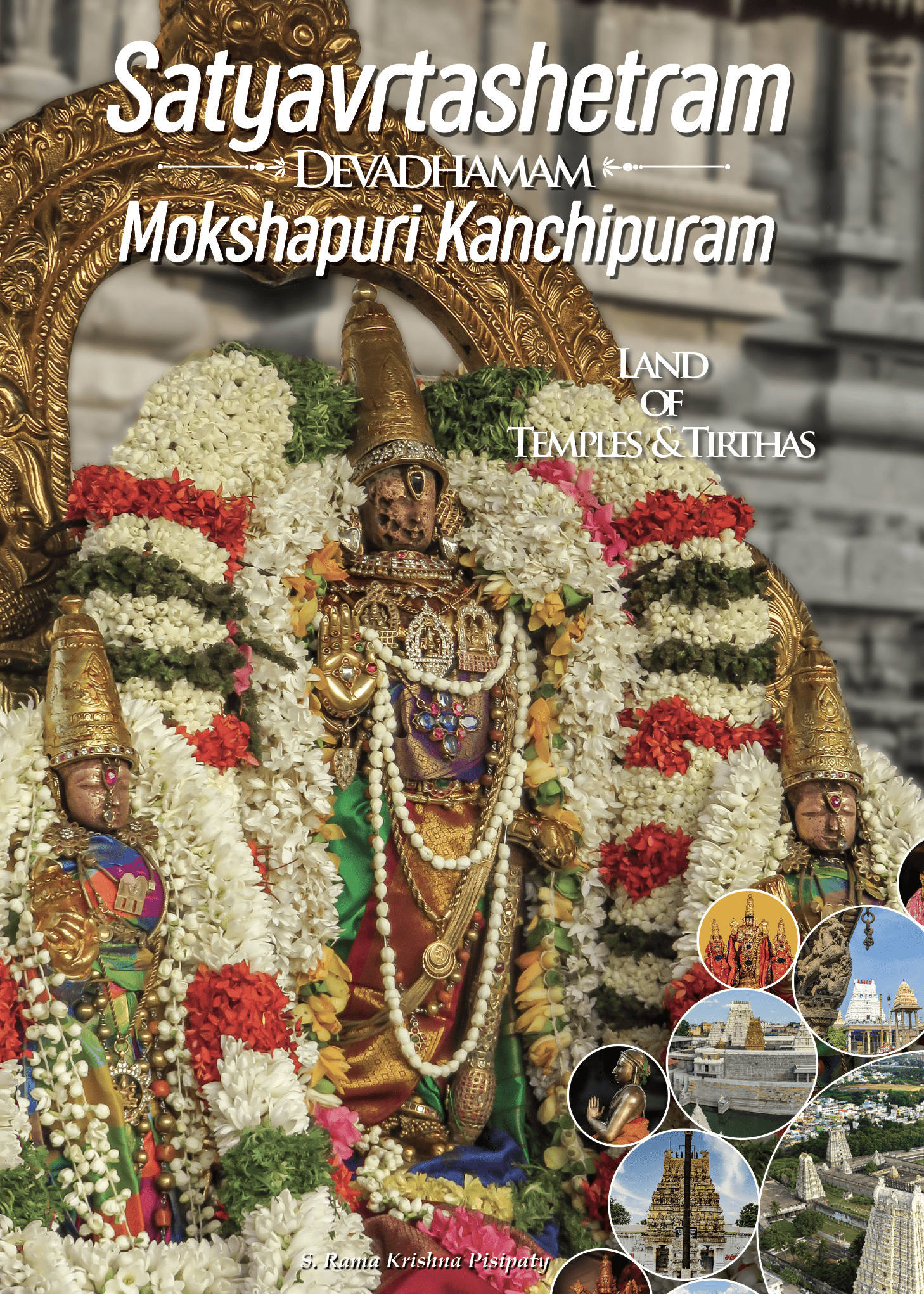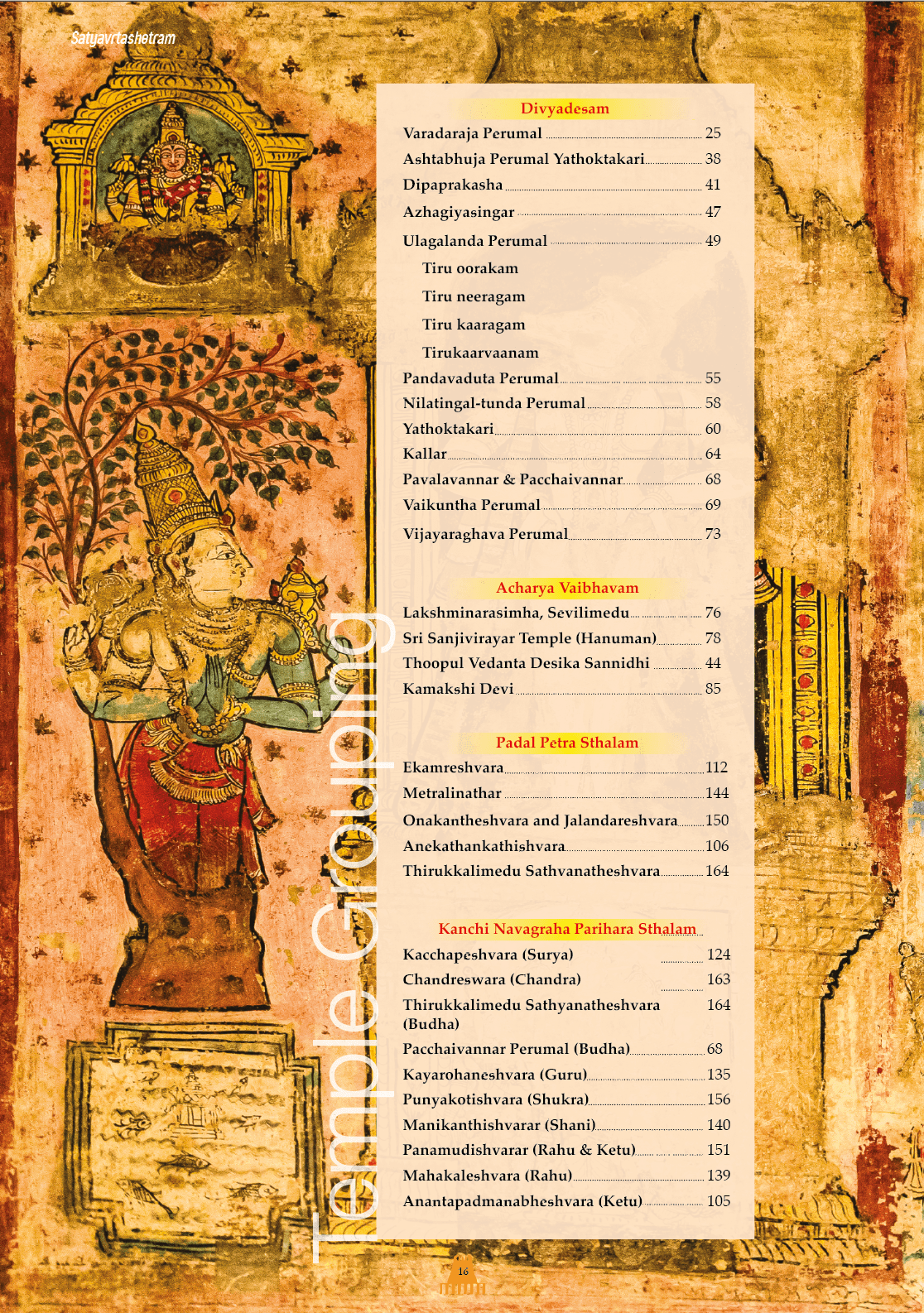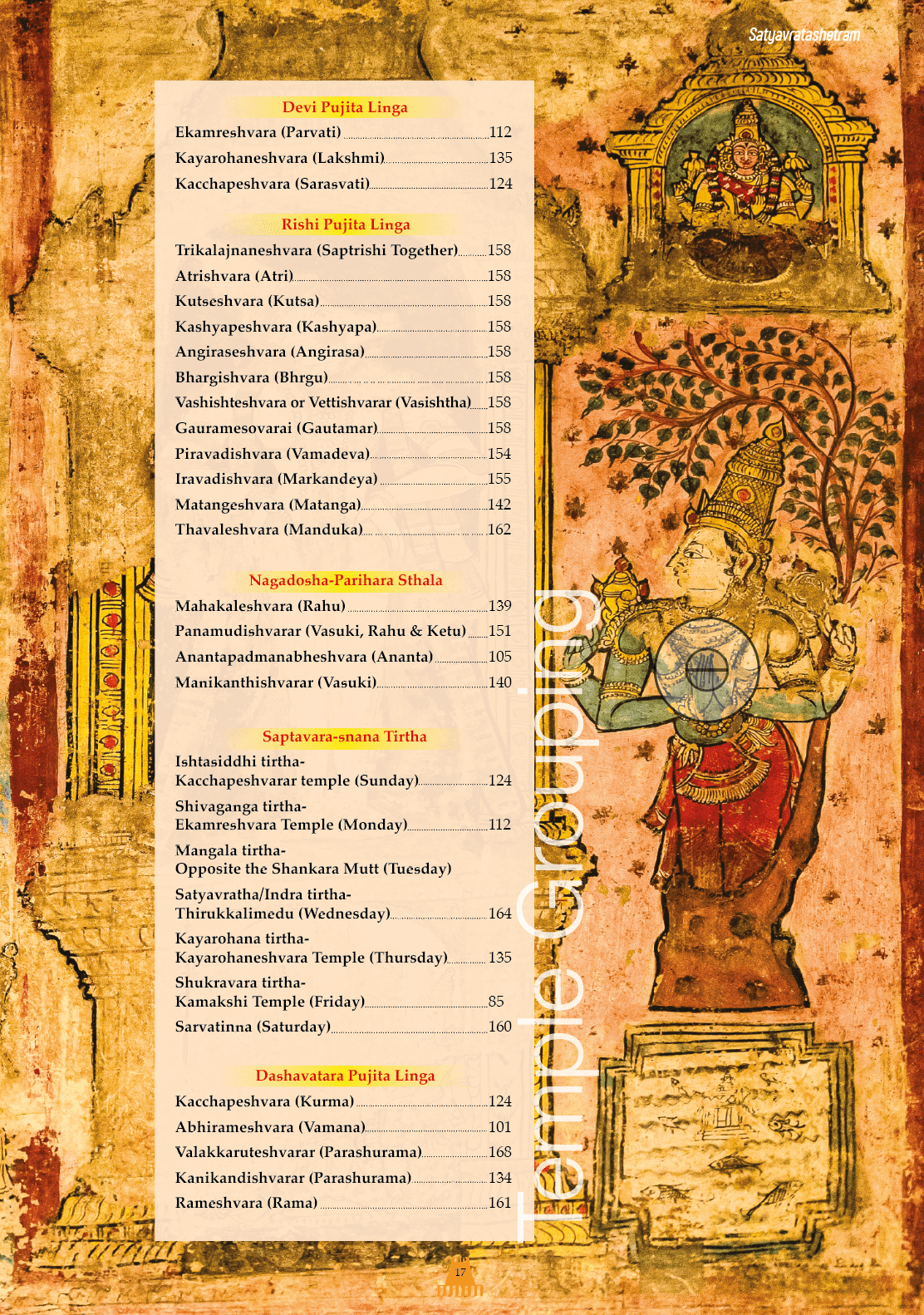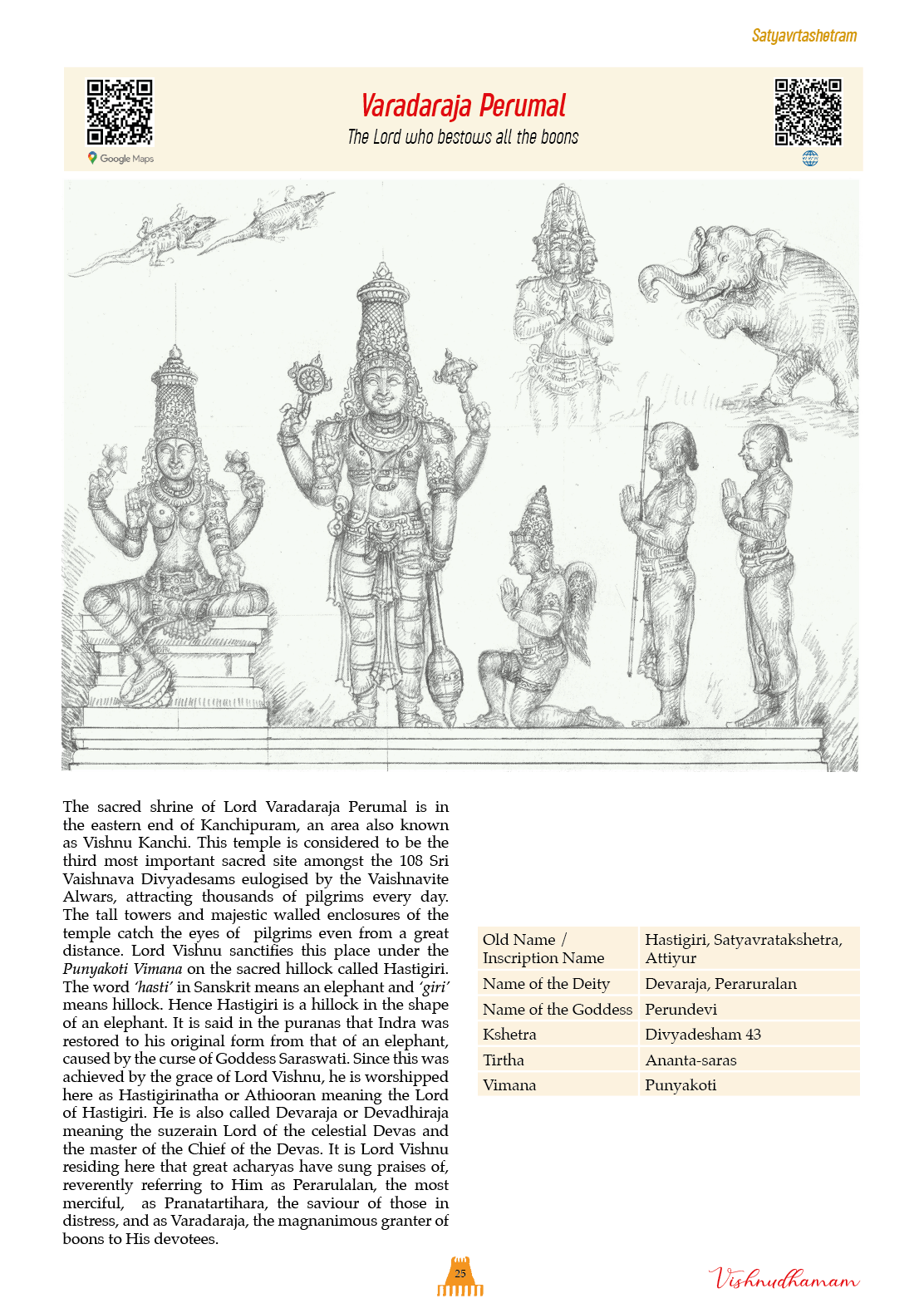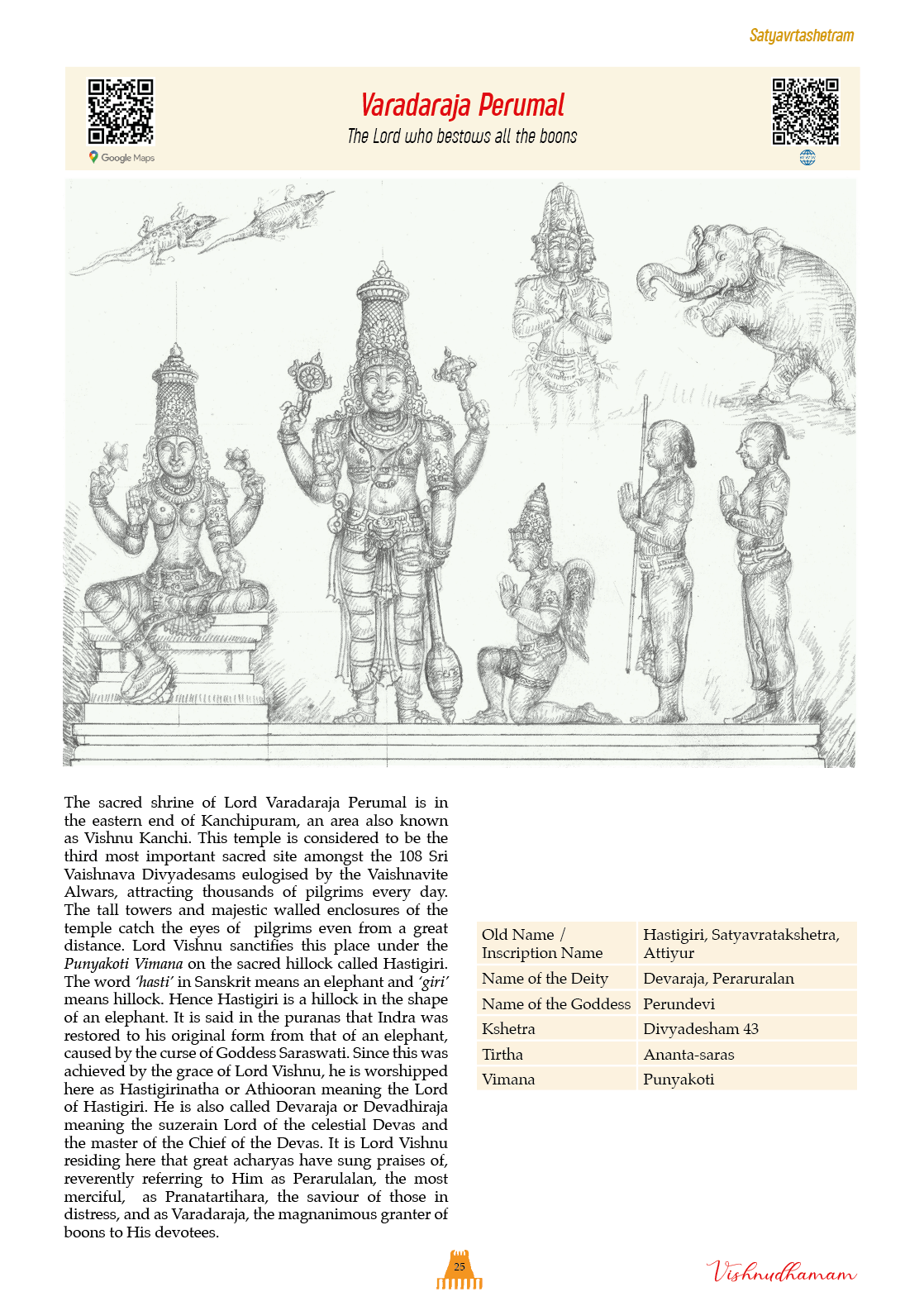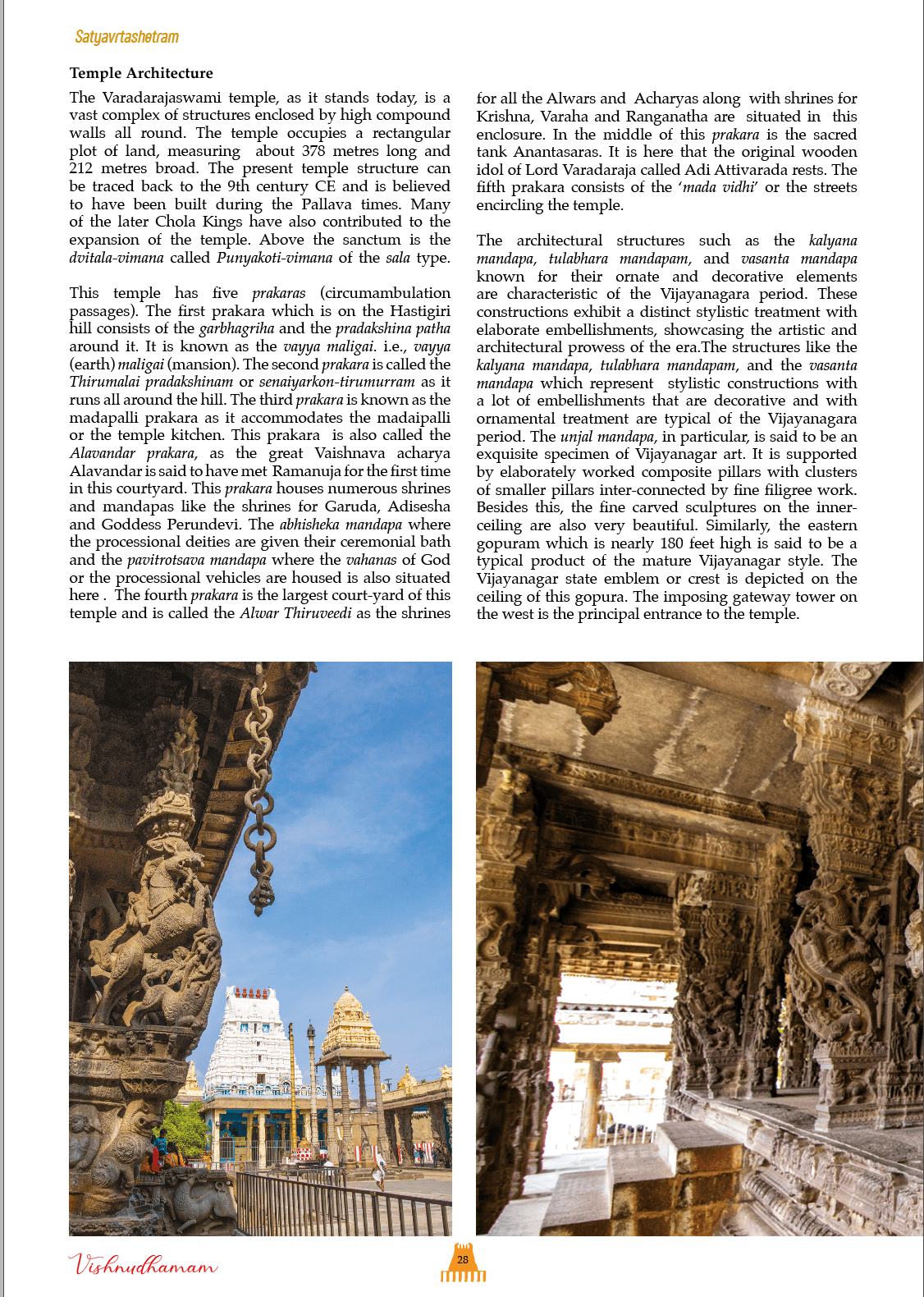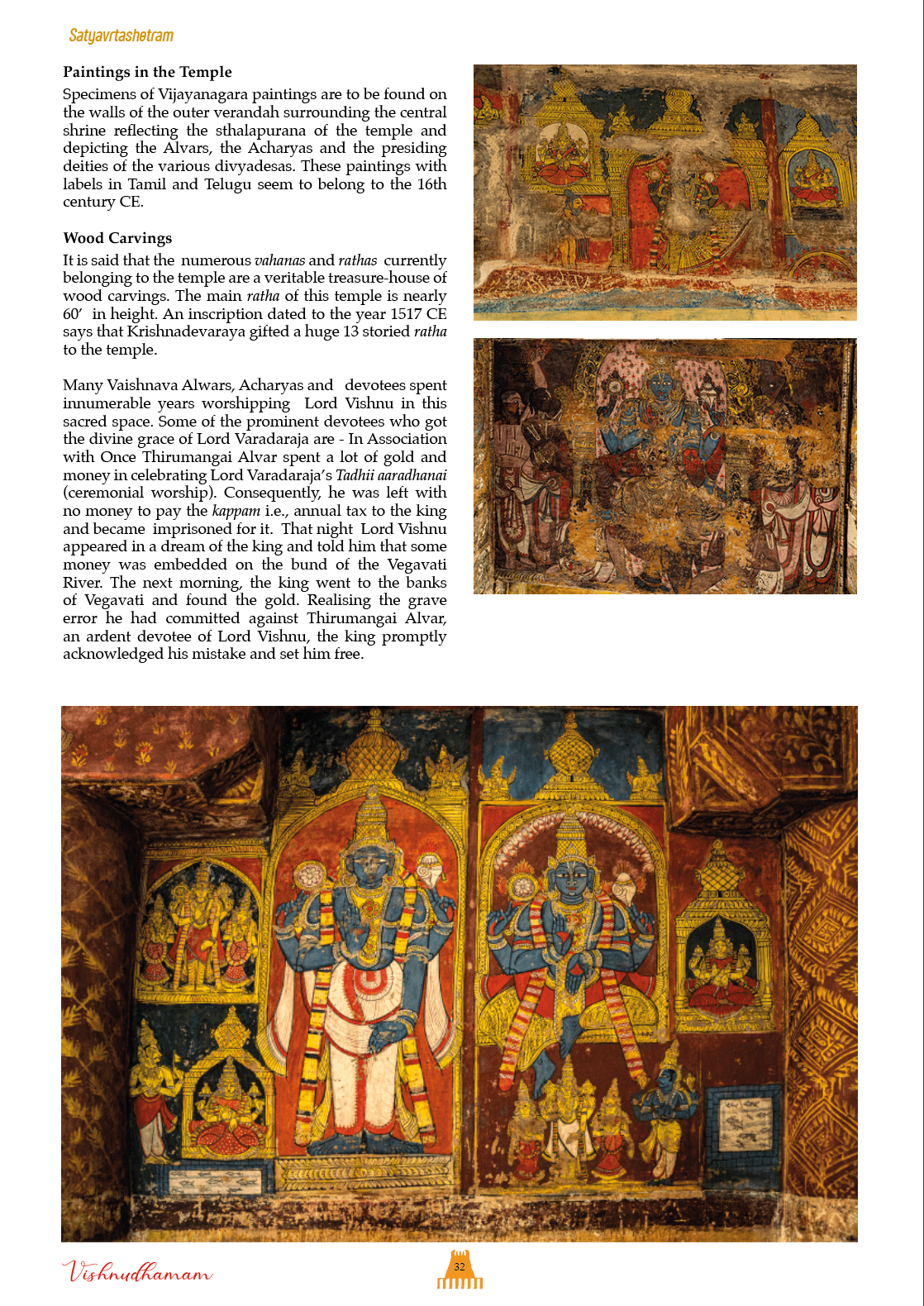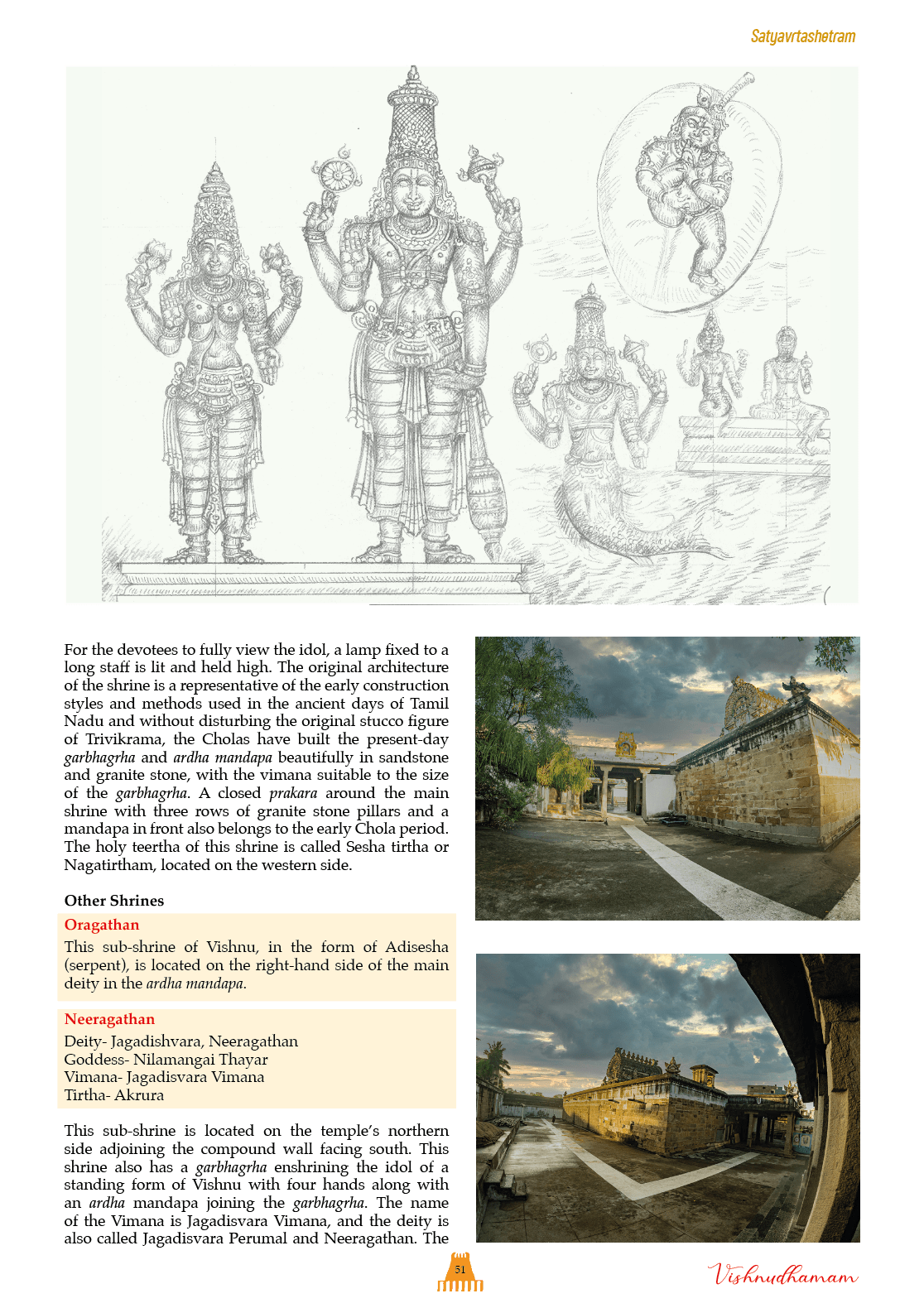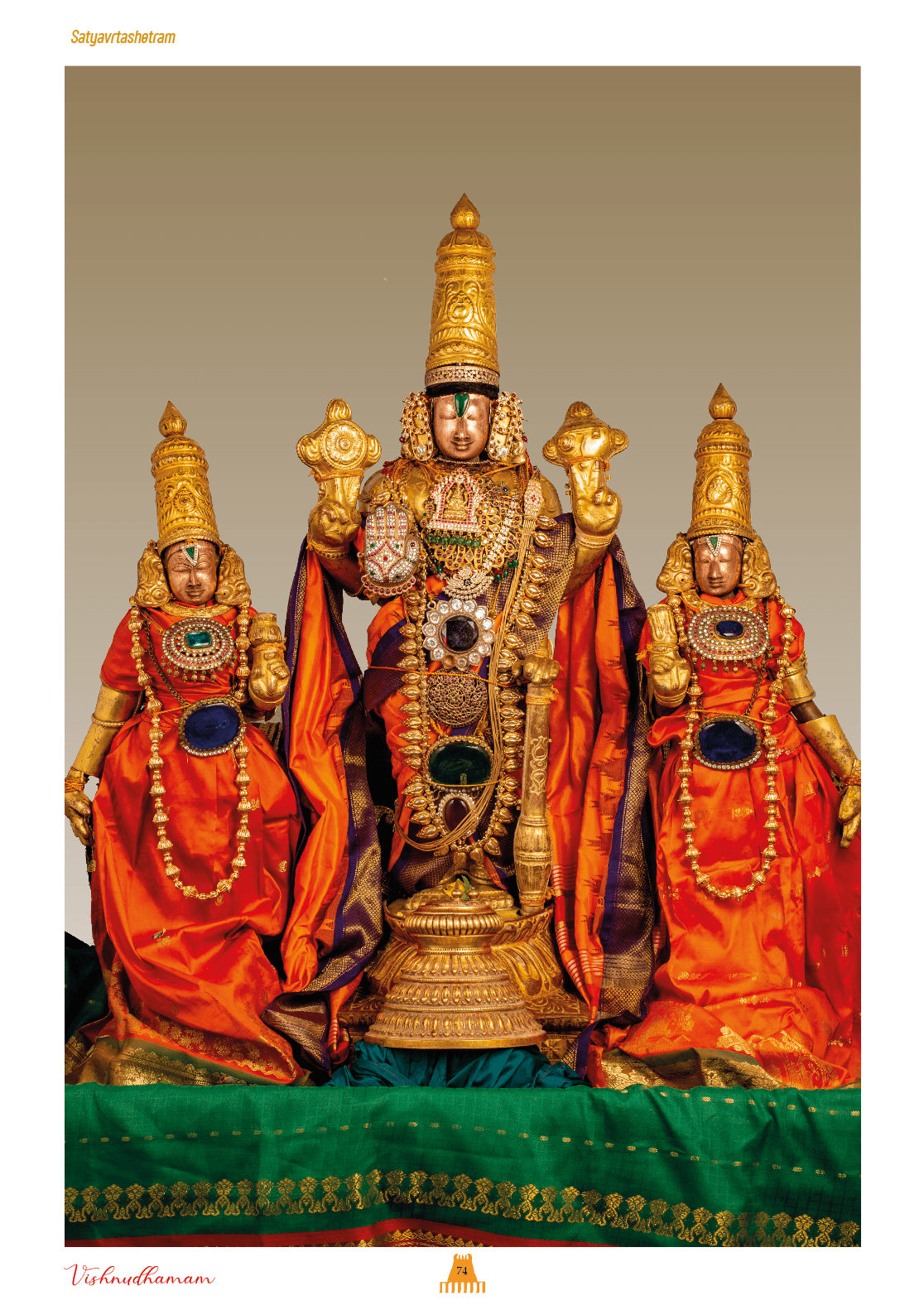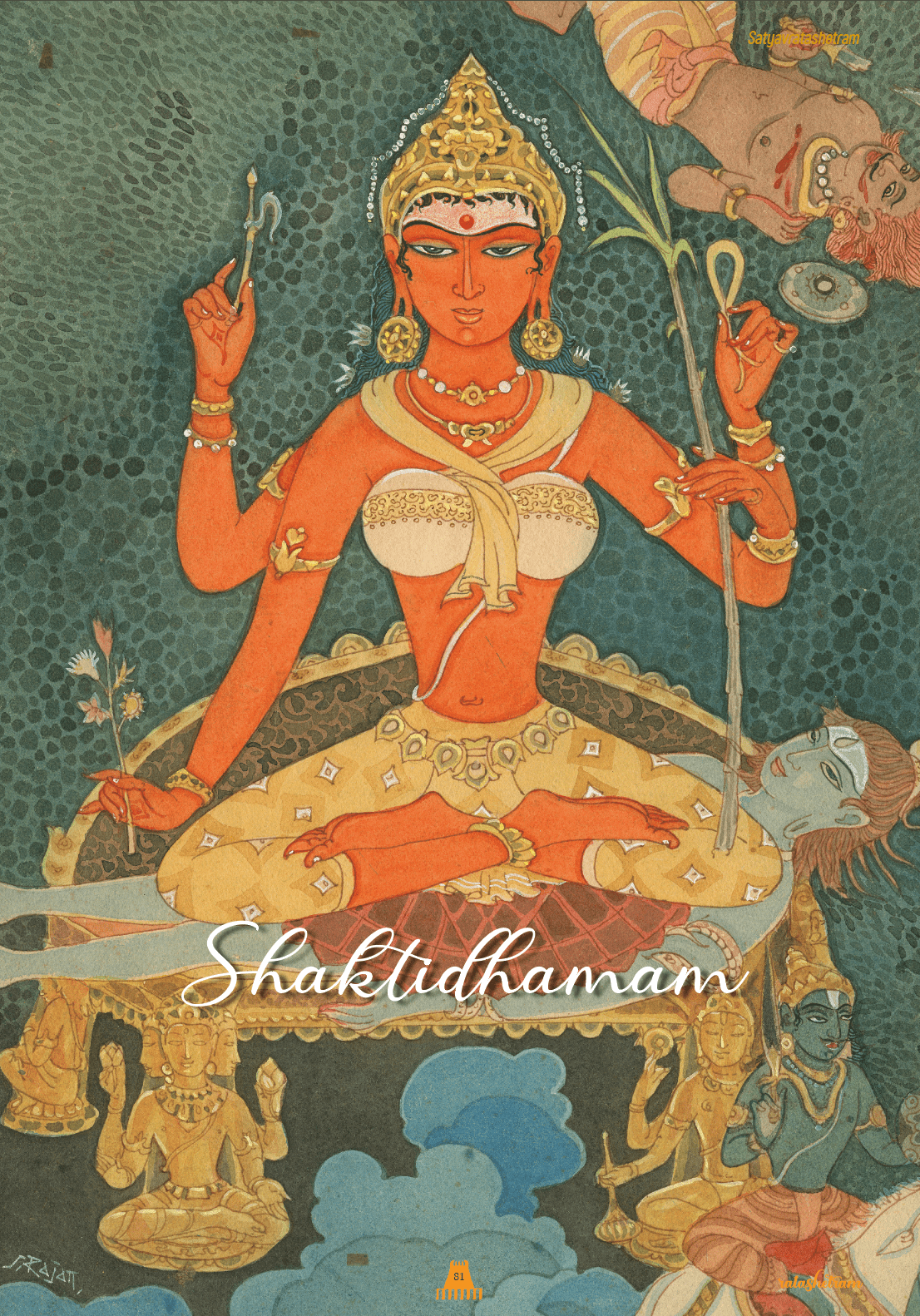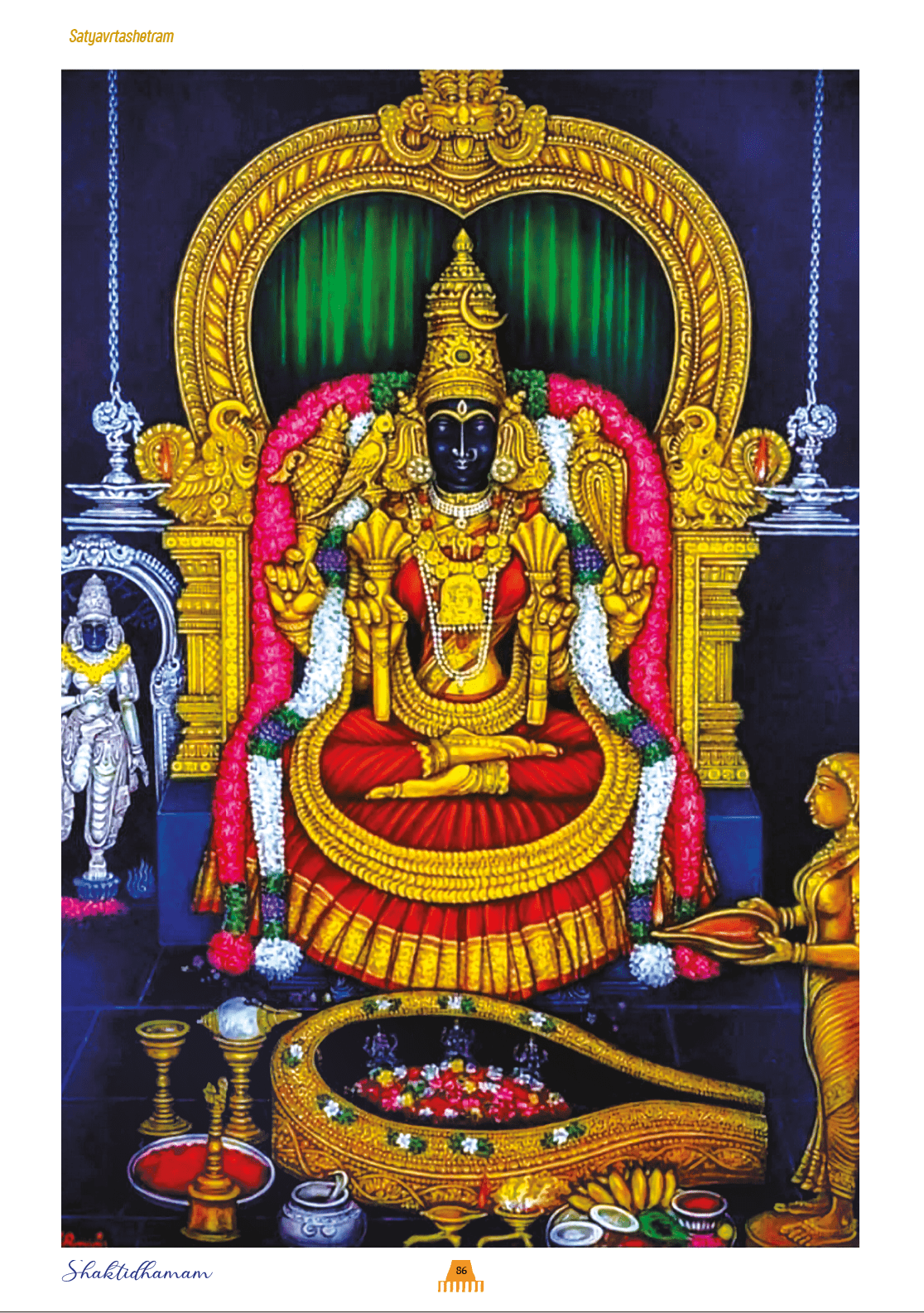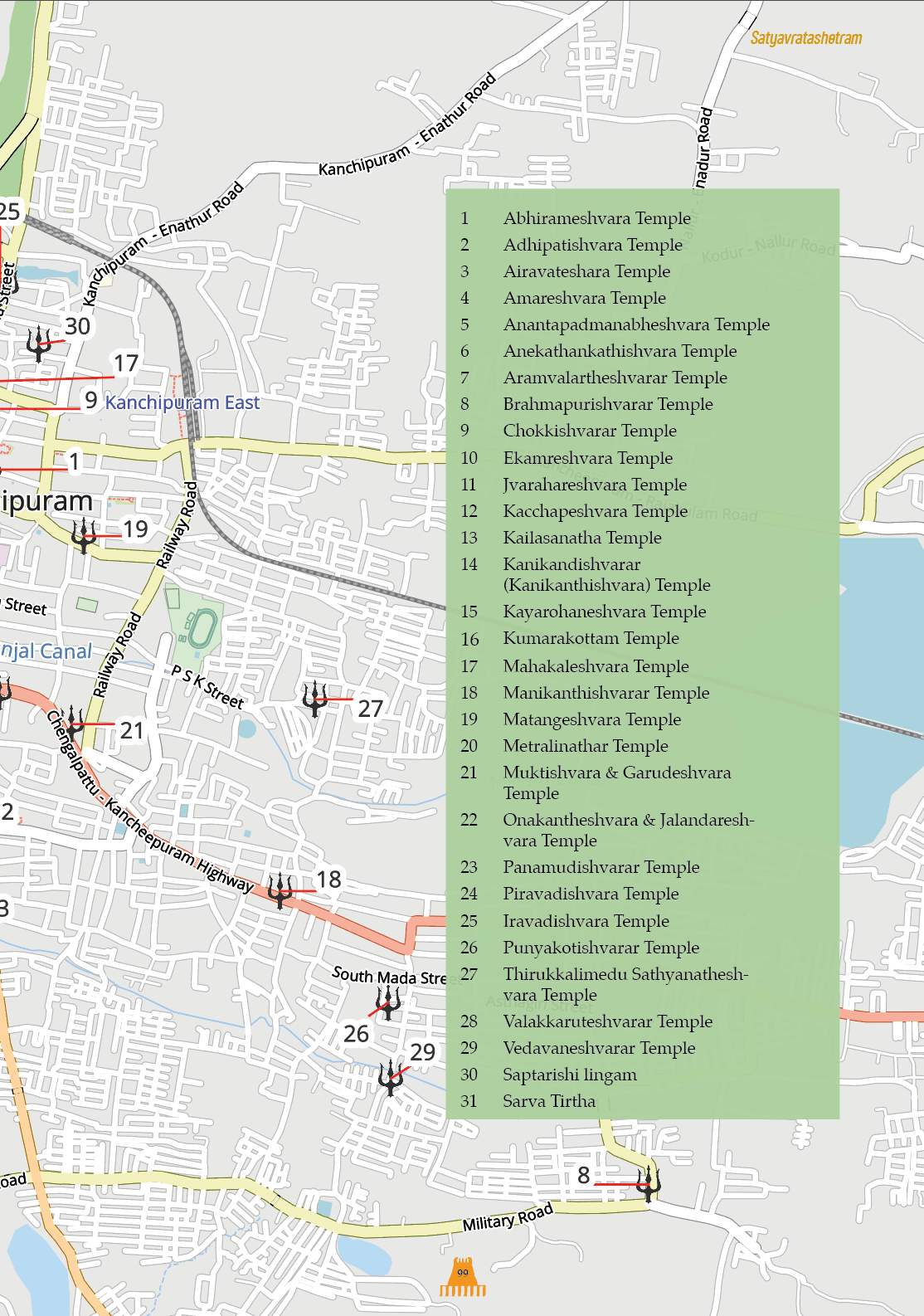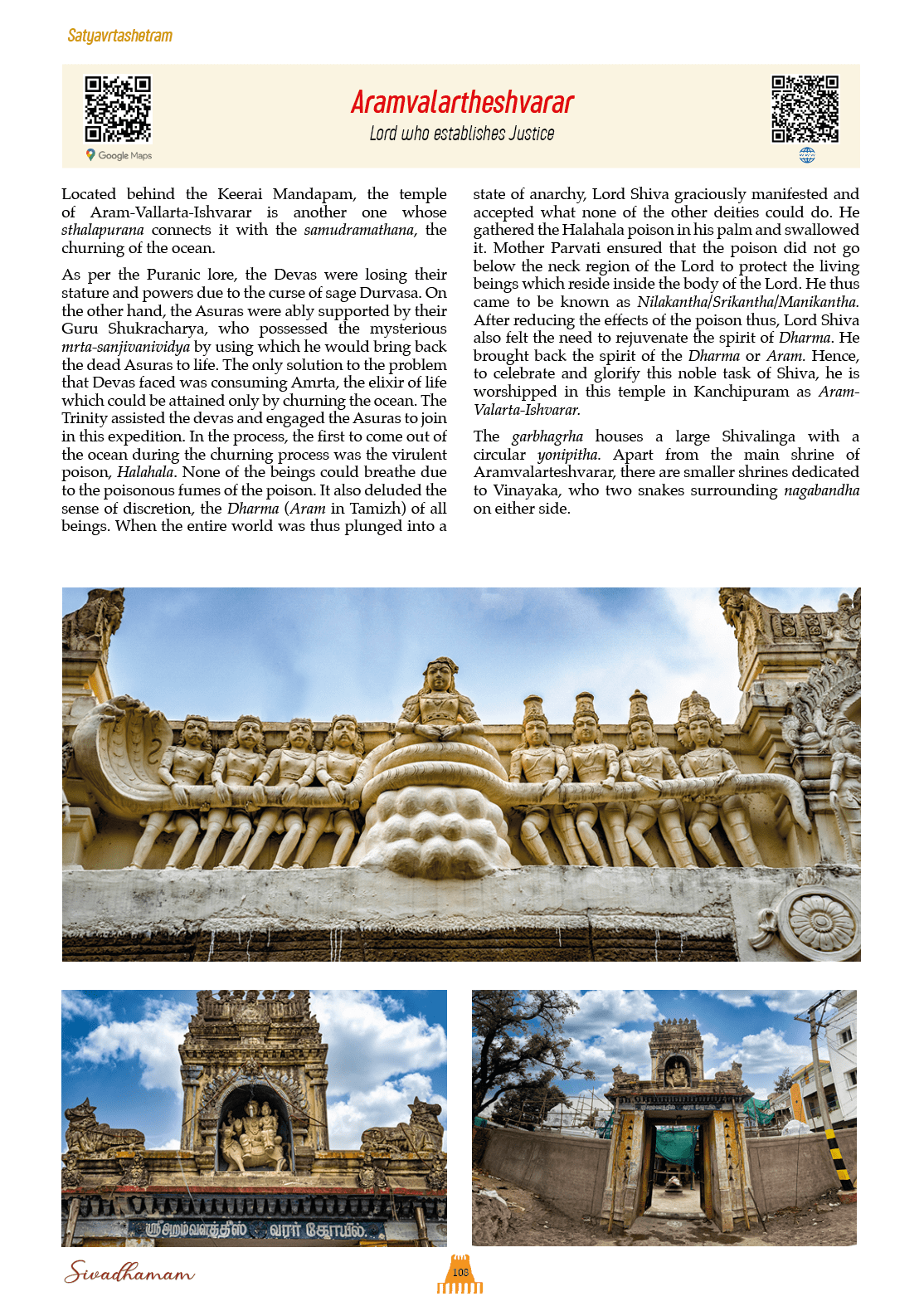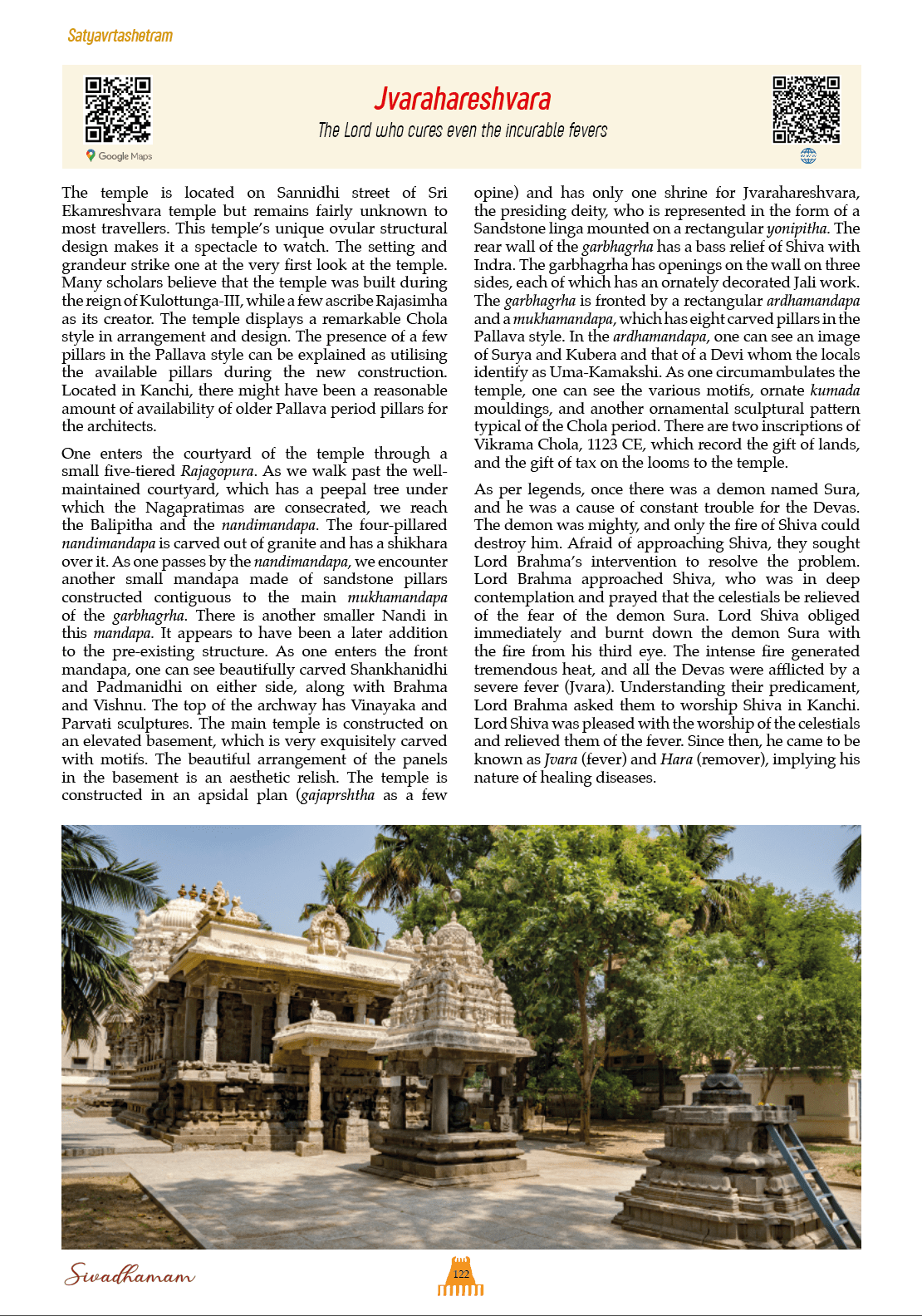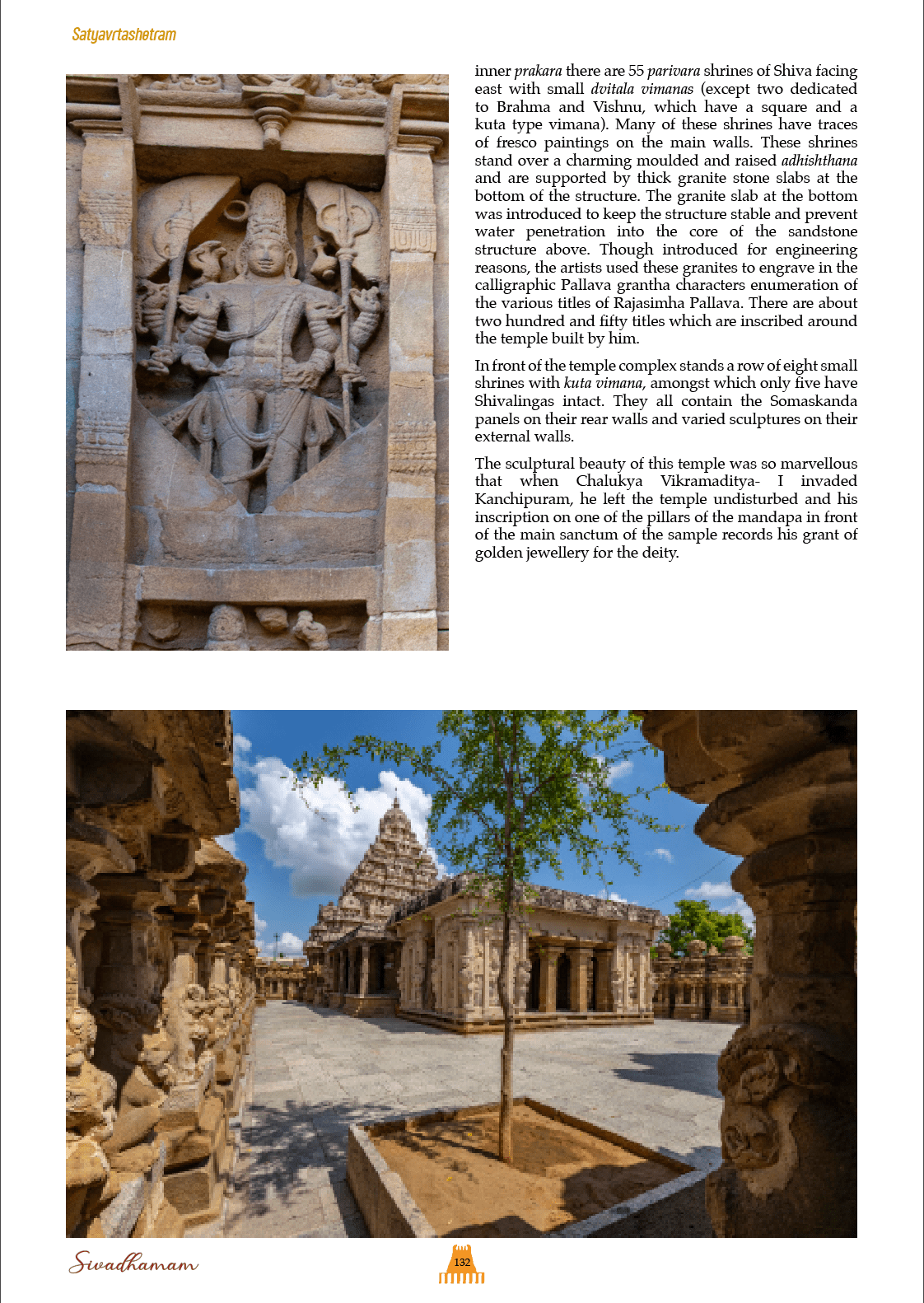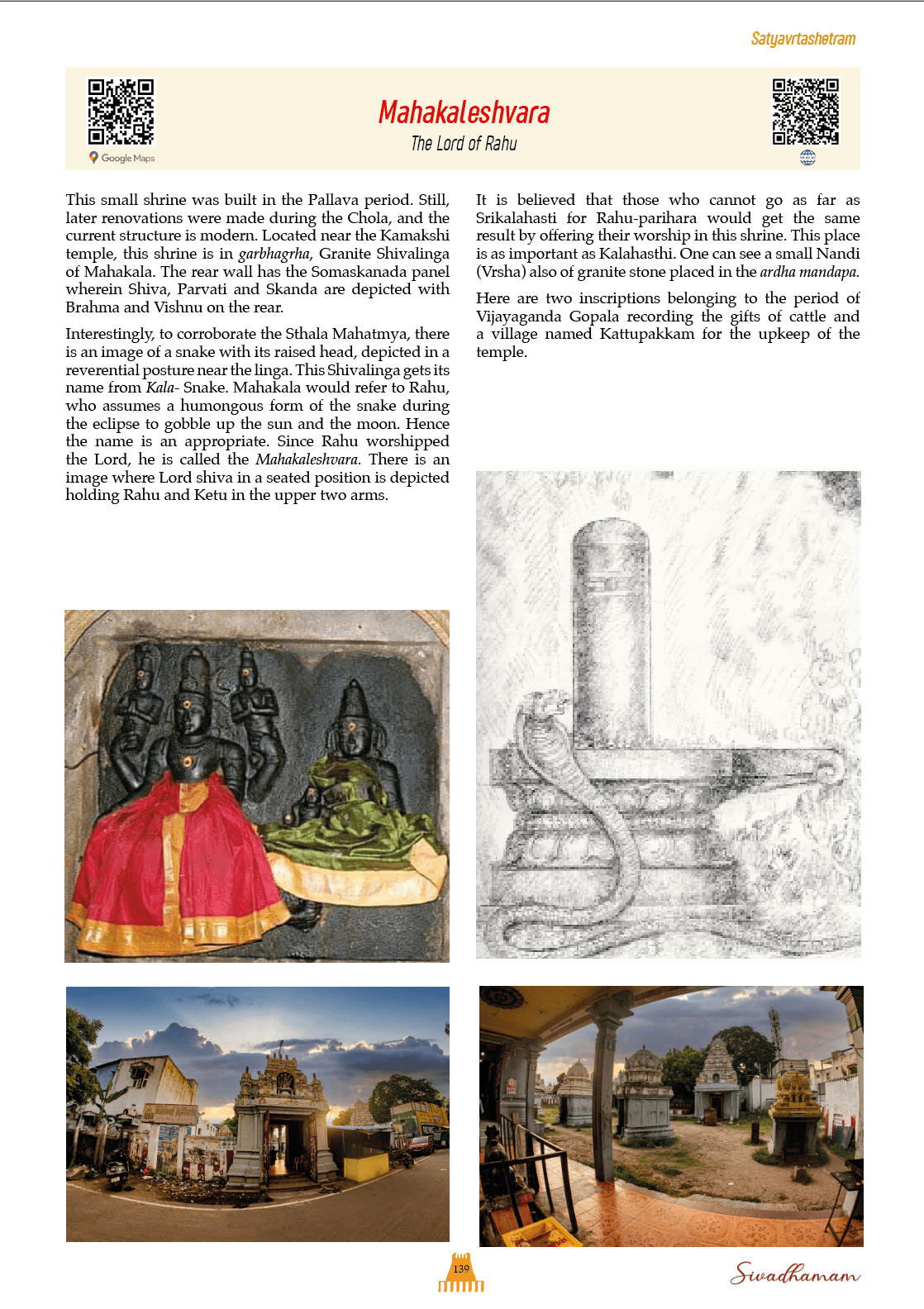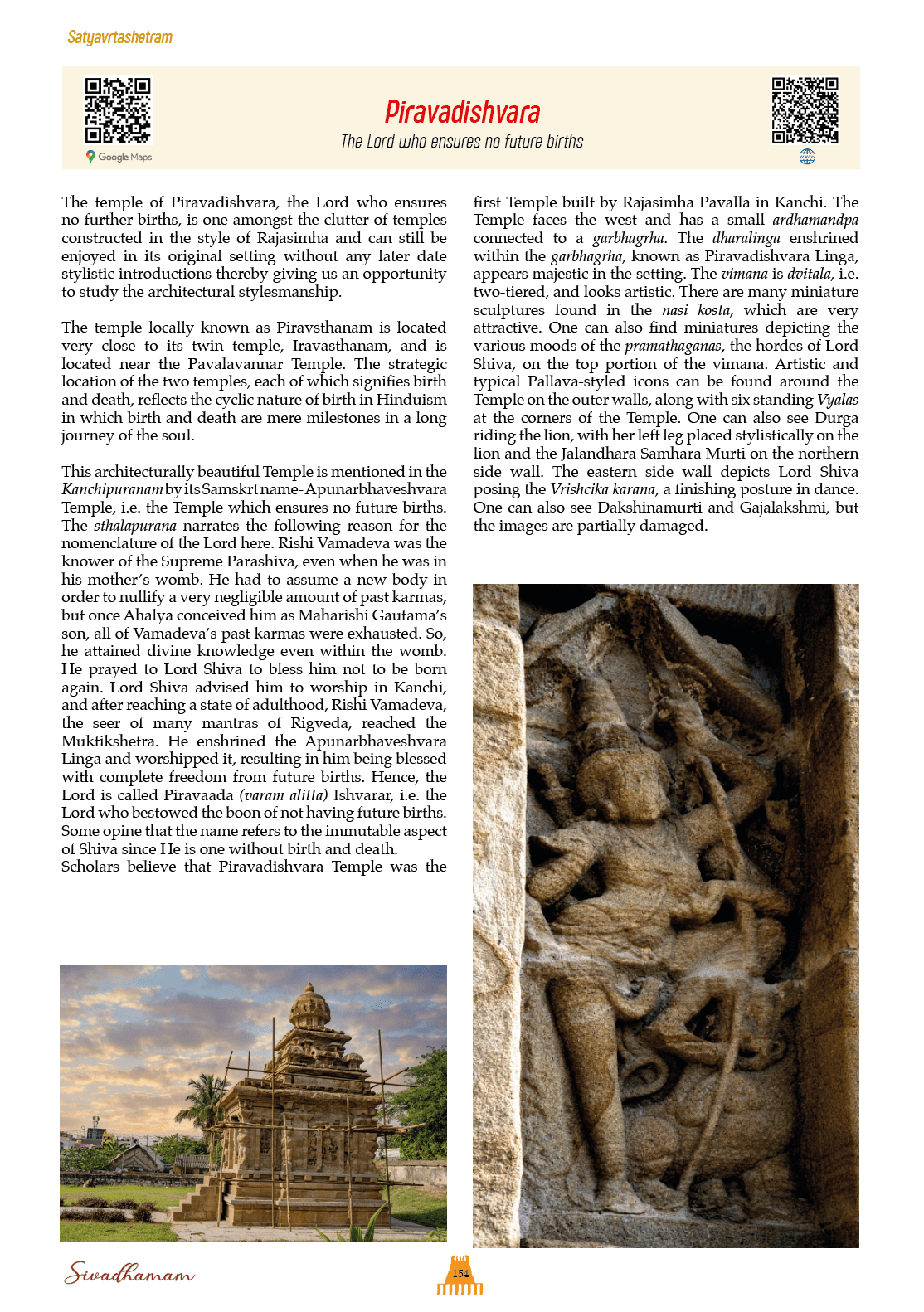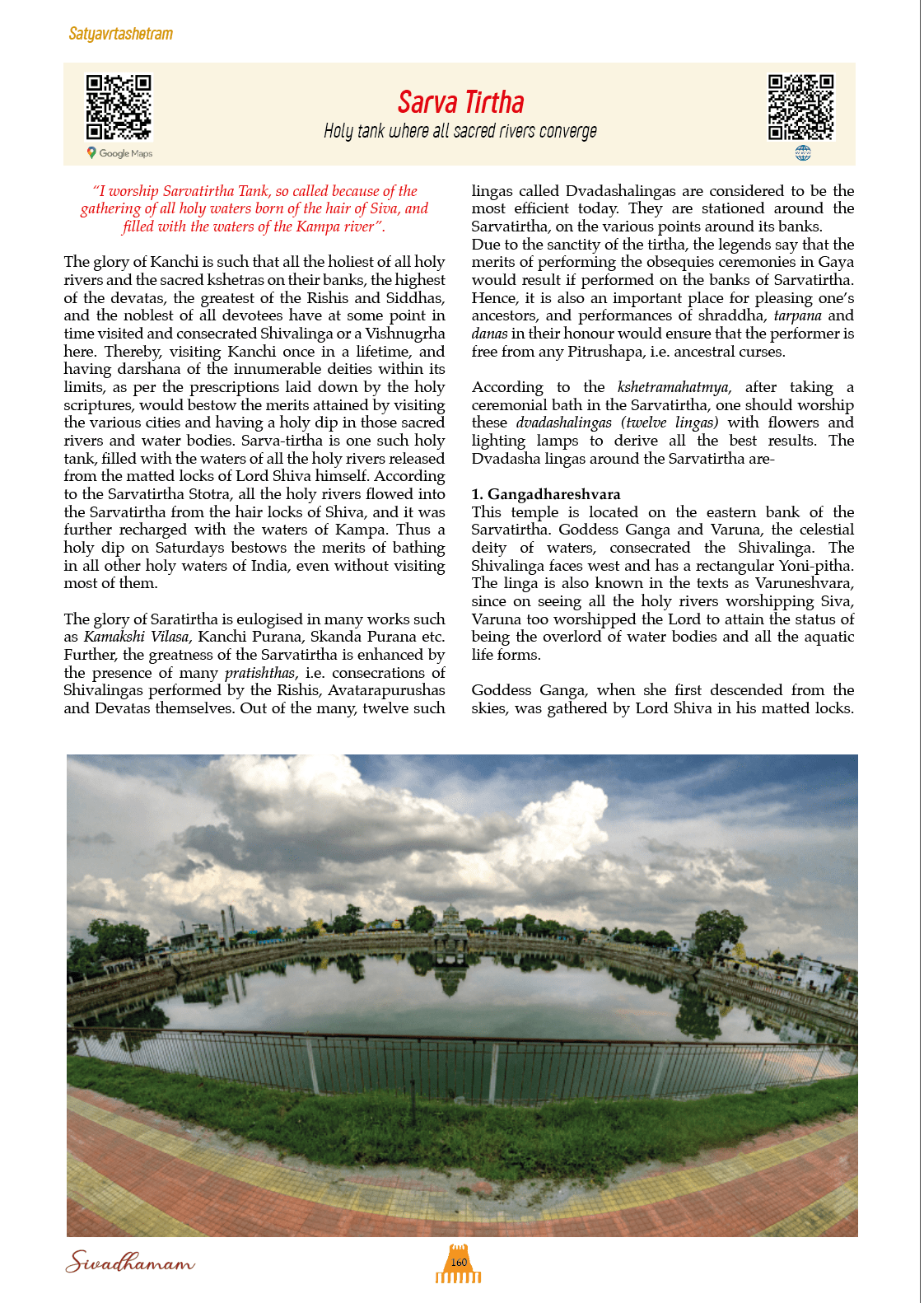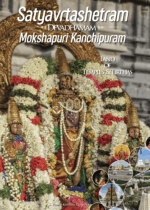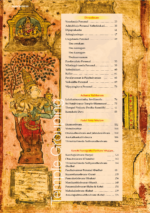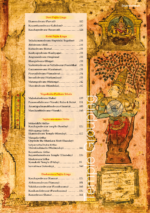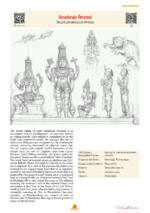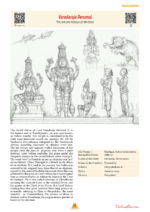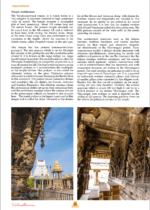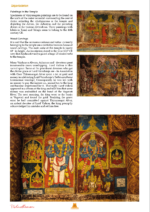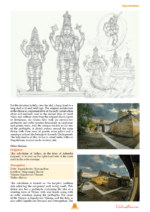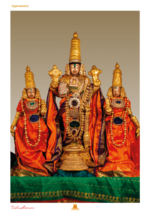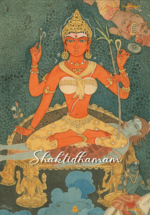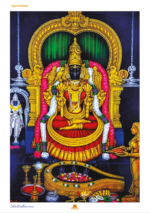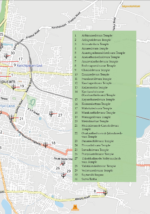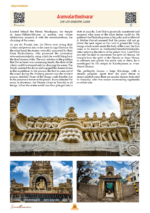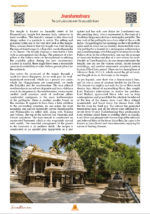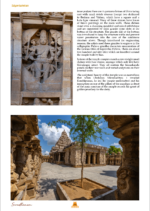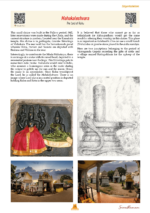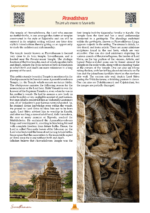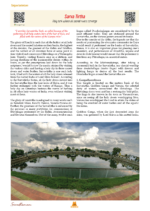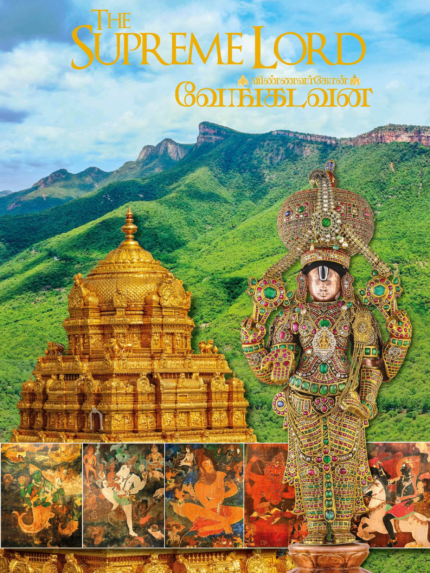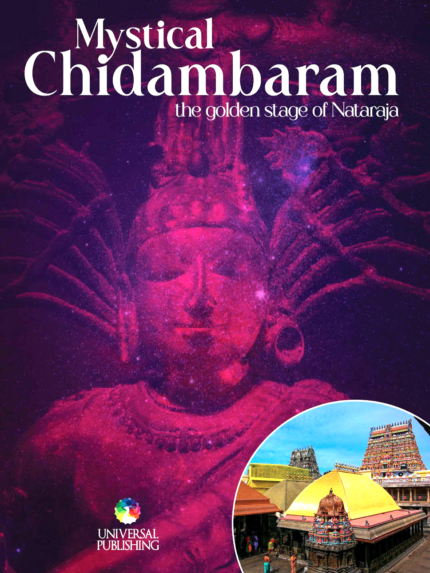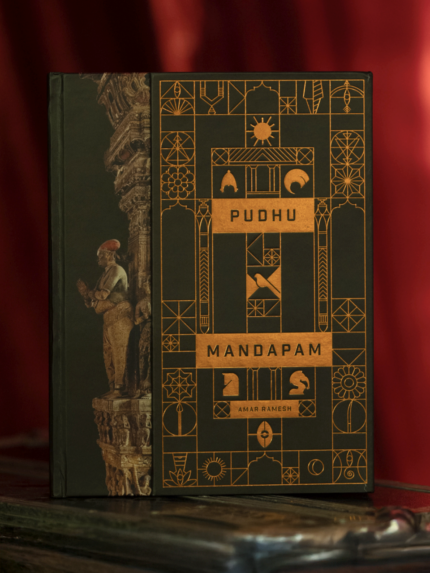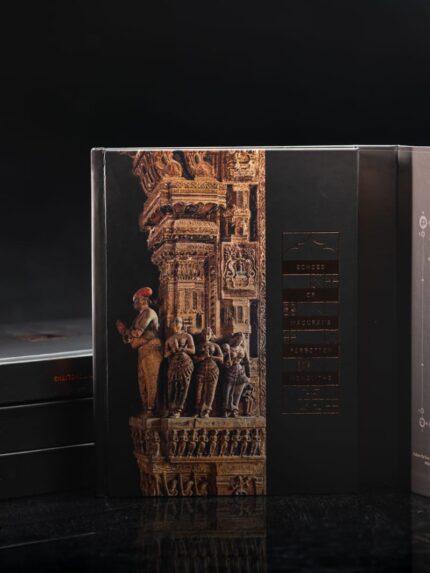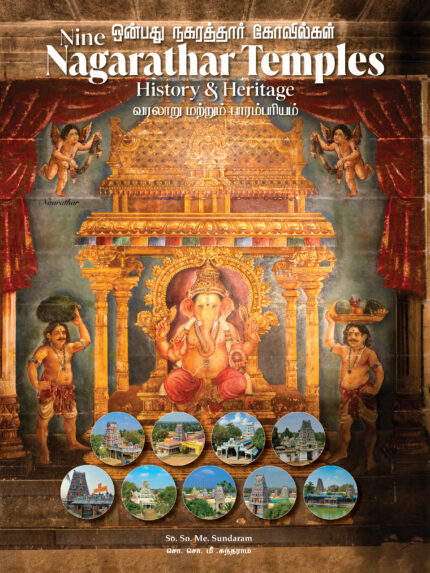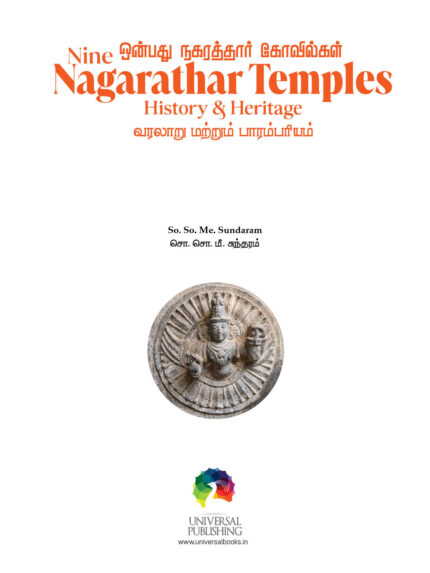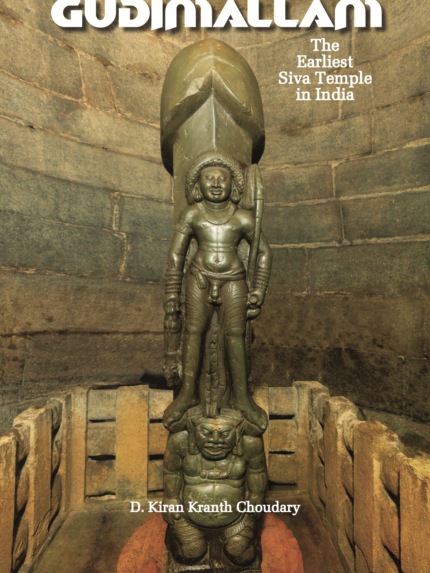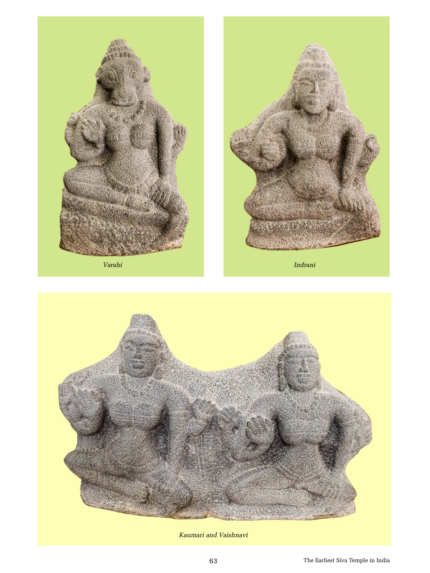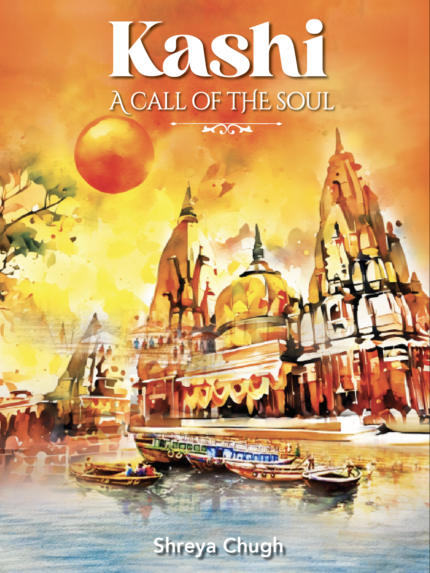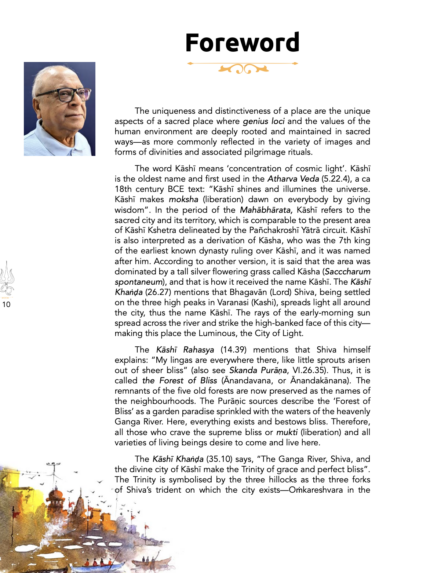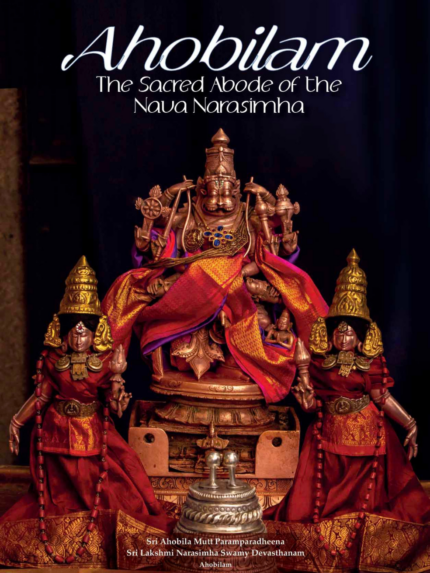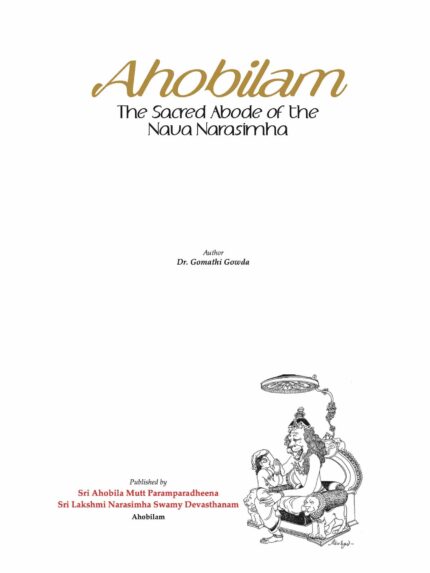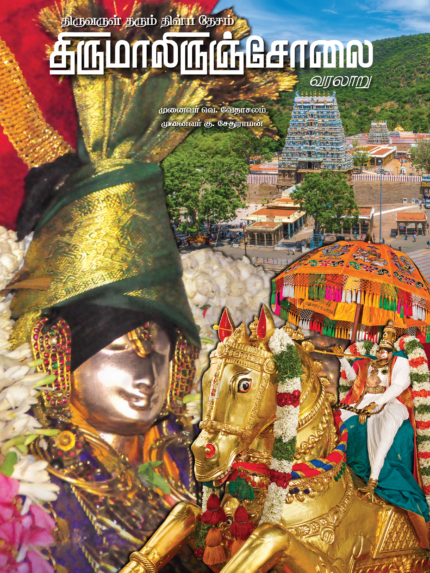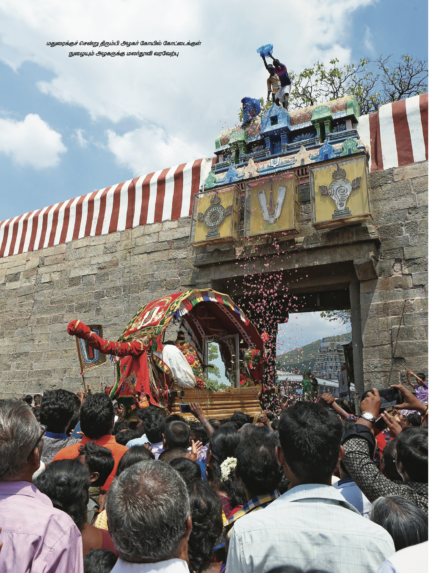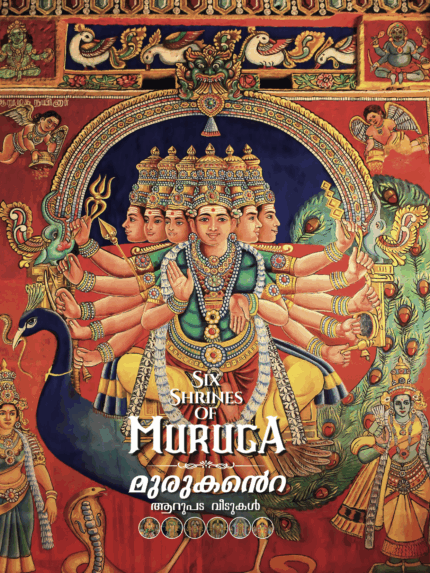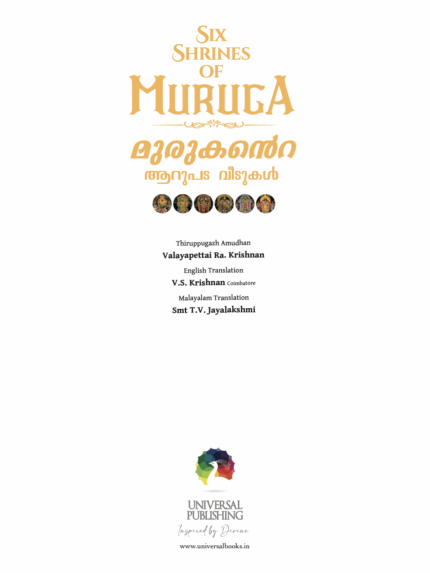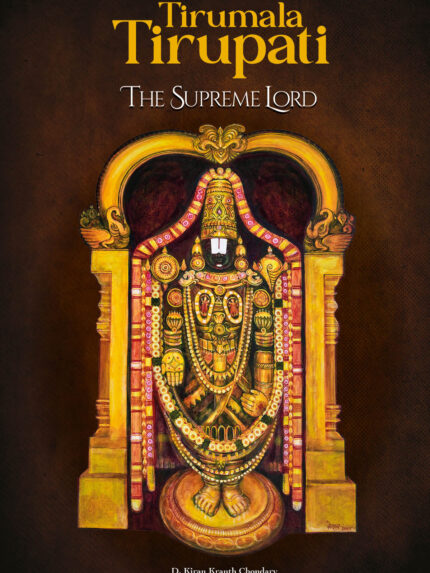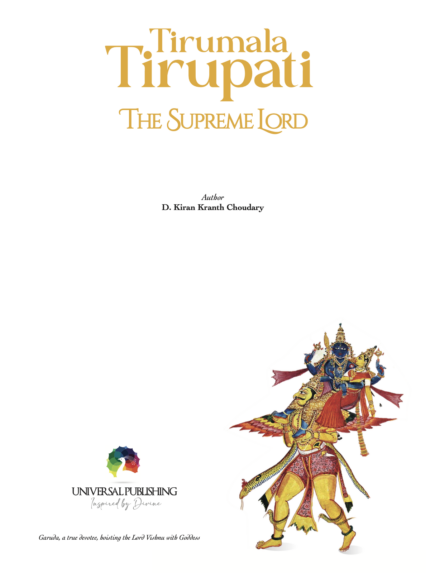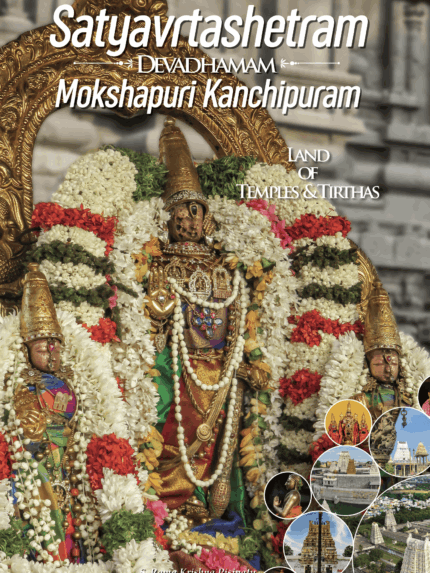Kanchi, colloquially known as Kanchipuram, stands as a venerable city entrenched in spiritual significance. Within the sacred pantheon of Moksapuris—cities believed to be sanctuaries offering liberation from the perpetual cycle of births and deaths—Kanchi holds a distinguished position as the Southern Mokshapuri. The revered verse enumerating the Moksapuris includes Ayodhya, Mathura, Haridwar (Maya), Kashi, Kanchi, Ujjain (Avantika), and Dwarka. Each of these cities is considered a divine abode where devotees seek Moksha, aligning with their faith in deities such as Lord Shiva and Lord Vishnu.
Haridwar, Kashi, and Ujjain are specifically sacred to followers of Lord Shiva, while Ayodhya, Mathura, and Dwarka are revered by devotees of Lord Vishnu. Kanchi, however, transcends this exclusive association, being a sacred ground for followers of Shiva, Vishnu, and Shakti alike. The saying “Nagaresu Kanchi” encapsulates the city’s renown among spiritual seekers.
The name “Kanchi” is derived from Brahma, known as ‘Ka,’ who is believed to have worshipped the divine in this hallowed kshetram. According to ancient Tamil Sangam literature, the “Perumpanarrupadai” hails Kanchi as an ancient city renowned globally for the festivals celebrated by devotees of various faiths. The verse in Tamil underscores Kanchi’s antiquity and its significance as a center of diverse spiritual festivities.
Adding to Kanchi’s mystique is the auspicious birth of Poigai Alvar, a revered poet-saint born under the star Thiruvonam (Sravanam), which is considered highly auspicious. Poigai Alvar’s composition, the awe-inspiring ‘Mutal Tiruvantati’ pasuram, is likened to a radiant lamp that dispels the shadows of the mind and elevates the soul. This poetic masterpiece further enriches Kanchi’s spiritual tapestry, making it a city where the divine echoes through the ages, inviting seekers from various traditions to experience the sacredness that permeates its ancient streets.

